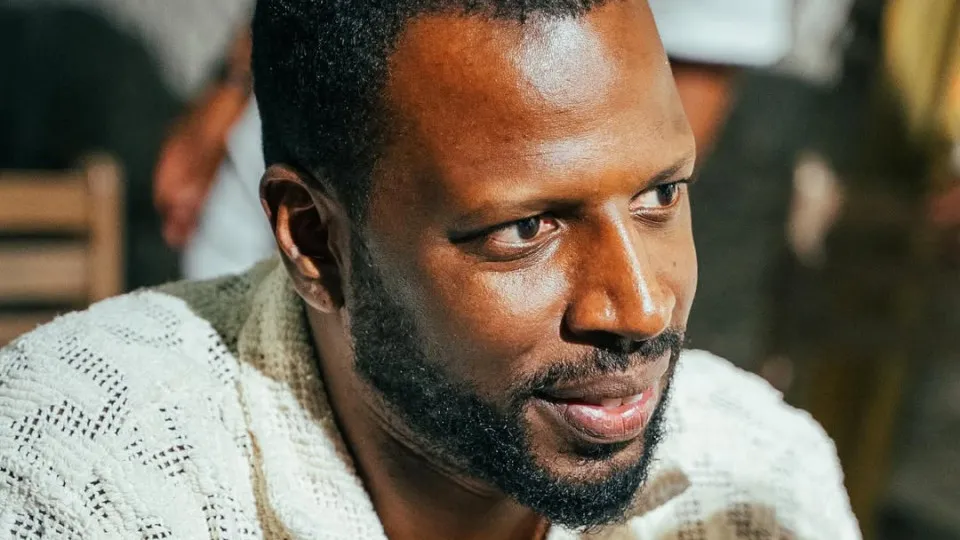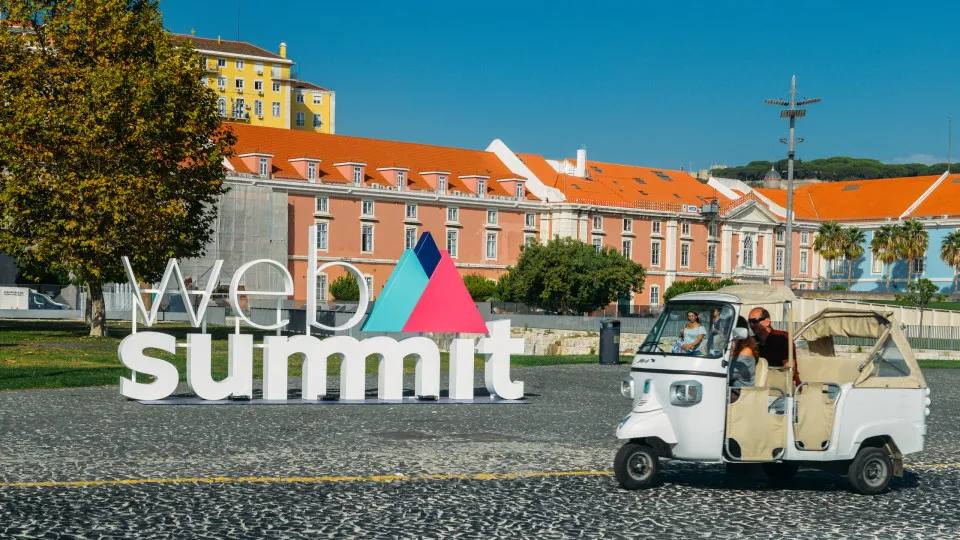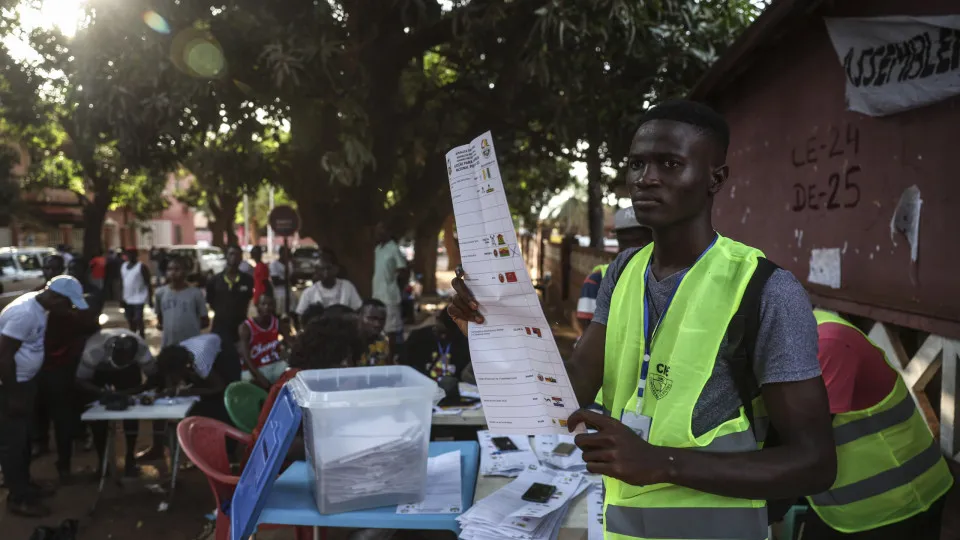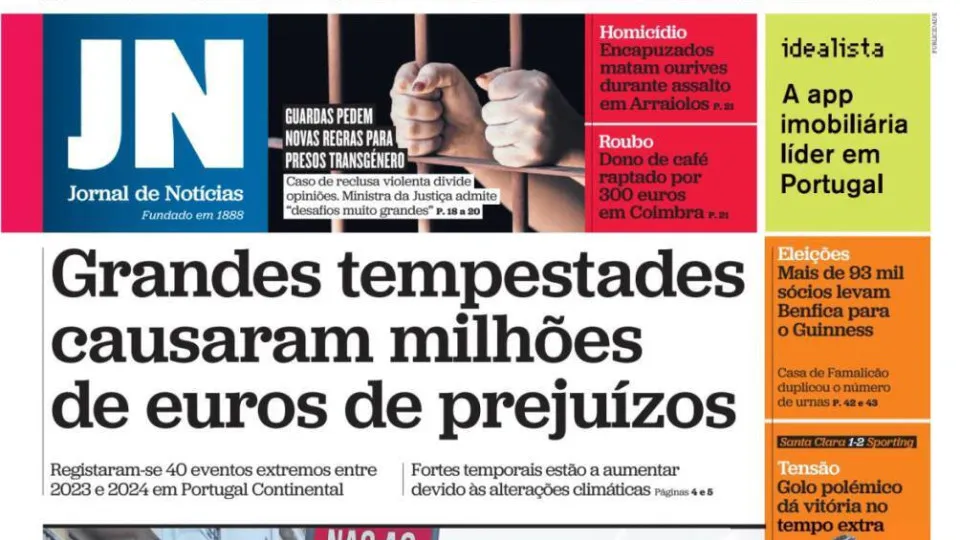
The festival ‘Lisboa nu bai Paris’ – in Cape Verdean Creole, meaning ‘Lisboa vai a Paris’ – conceived by Dino D’Santiago in collaboration with the Calouste Gulbenkian Foundation to commemorate 50 years of independence, took place this past weekend in Paris.
Speaking to Lusa on the sidelines of Saturday night’s concert, Dino D’Santiago highlighted the significance of discussing the Portuguese capital because, five decades post-independence, “a new Lisbon has emerged,” representing “a philosophy that renews over time,” and serves as “another fragment of this history created by the crossroads of different peoples.” He described the festival as “a manifesto of coexistence, a dream of a place where all individuals feel at home.”
‘Lisboa nu bai Paris’ is defined as a meeting space for artists, musicians, and thinkers from various backgrounds. The festival’s opening featured a public, free discussion between musician Dino D’Santiago and philosopher Luisa Semedo, focusing on the legacy of the independence of Africa’s Portuguese-speaking countries.
Luísa Semedo remarked that colonialism remains a reality in these nations, even half a century after independence, with the major challenge being to “achieve true independence.” She stated, “It’s not enough to declare independence; we need to live it, despite economic hardships.”
The philosopher also urged new generations of activists to “not betray the values of past revolutionaries,” citing Amílcar Cabral, a symbolic figure of independence, and emphasizing that the revolutionary struggle for independence remains ongoing because “the revolutionaries themselves, like Amílcar Cabral, understood that this fight was a process, making it an unending struggle.”
Dino D’Santiago observed that “young people are very forward-thinking, blending cultures, proudly wearing T-shirts representing Angola or Cape Verde.” Beyond Lisbon, he noted, “Portugal is transforming, with kids speaking Creole in the subway, whether they are white or black.”
The festival is seen as a contemporary movement affirming the African roots of Afro-Portuguese identities, according to the artist, who believes it is easier today for these communities to live in Portugal compared to two decades ago.
D’Santiago expressed that if he were a teenager now, “it would be easier,” noting that he observes a “natural acceptance, a pride in wearing Afro hairstyles, speaking Creole, and donning African patterns” through the experiences of his nieces.
This evolution, he remarked, has also influenced generations familiar with the independence struggle: “Even our parents are changing, speaking Creole, teaching it to their grandchildren.”
Over the past 50 years, these changes are also noticeable in the musical preferences of the Portuguese, who rank Portuguese-speaking African artists at the top of the charts. Despite the rise of the far-right in Portugal, Dino D’Santiago is undeterred, asserting that “the far-right appears larger due to social media, but the people are stronger and seek happiness.” He added, “African music has always brought joy.”
The festival opened with a performance by Cape Verdean artist Kady, granddaughter of Amélia Araújo, a voice of Rádio Libertação. Kady expressed, “My grandmother was a freedom fighter, and I feel that being here is like continuing that legacy, honoring her and all fighters,” in an interview with Lusa.
The festival’s lineup also includes new-generation Lusophone artists like Fattú Djakité, Nídia, DJ Marfox, EU.CLIDES, Umafricana, and Soluna, among others.




